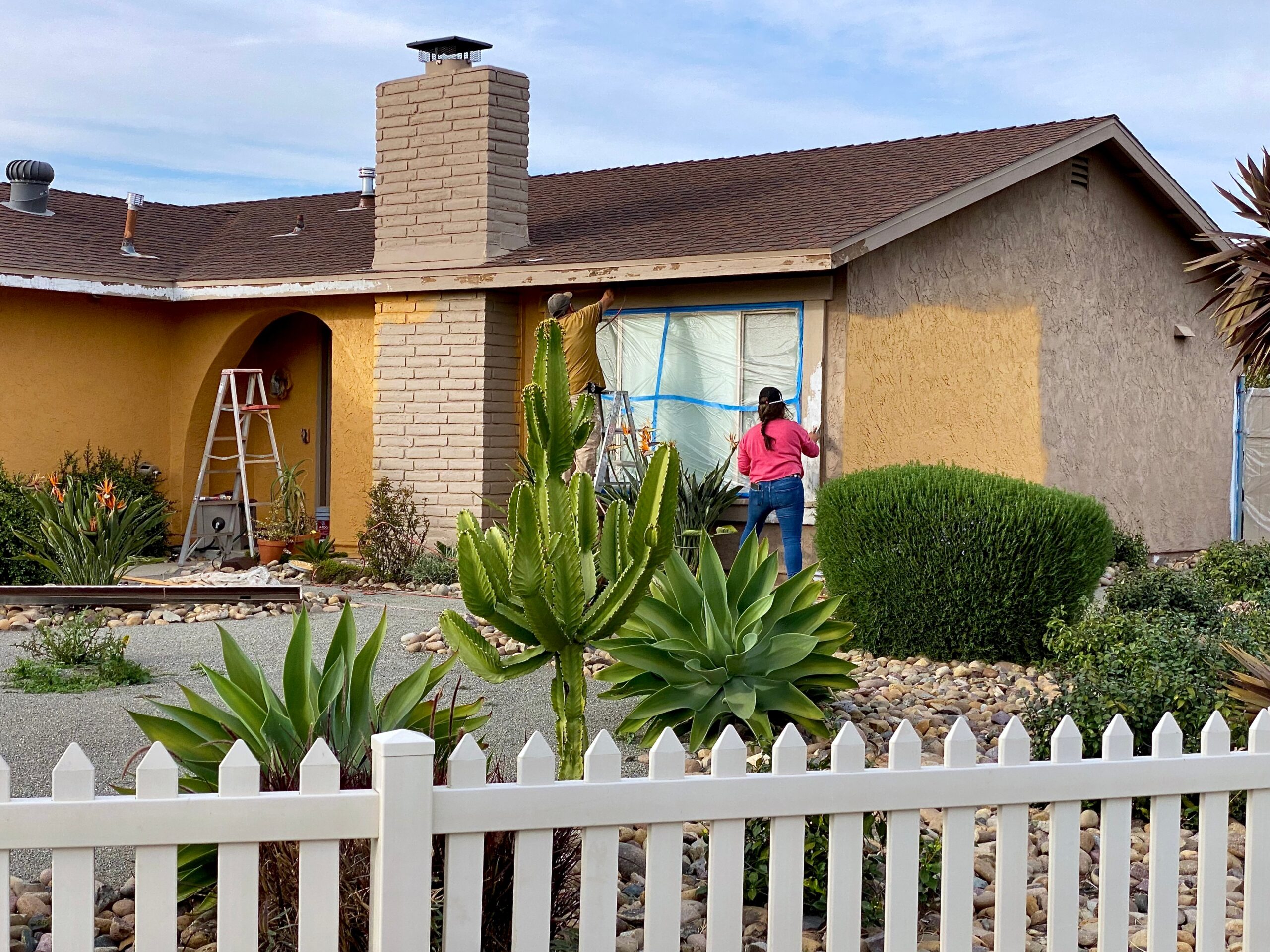Investing in real estate is a great way to power future growth in your investment portfolio. The country’s top-grossing investors have tapped into the power of the market and many swear by the profit margins generated by property value’s constantly moving target. But for first-time real estate investors, the property market can be fraught with roadblocks and setbacks as you navigate the marketplace. Learning the ropes takes time and a dedication to learning from the mistakes that you inevitably will make and those that others before you have made.
Asking questions about the property market and the habits of successful real estate investors is the best way to shorten the learning curve and start earning a profit on your investments as quickly as possible.
How will I pay for a property?
Paying for your investment should be one of the first questions you seek an answer to. Real estate is unique in that borrowed money is often the capital used for making purchases. This means keeping a manicured credit score that shows off your best qualities as an investment yourself. Remember that when you apply for a loan from a financial institution – be it a traditional mortgage from a typical bank or a private loan like a hard money loan Oregon – you become an investment as well. The interest you will be paying on the loan acts as the return. Just like you might use local area property management data or corporate financial disclosures to vet an investment, the lender approving your home loan does the same with your credit score.
Hard money loans operate a little differently. These are extended by private lending firms to those who already own a home and don’t require credit checks to validate the repayment potential of a borrower. By using the equity of your own home you can tap into better repayment terms but put your home in hypothetical jeopardy as nonpayment of the mortgage could mean the loss of both properties. There is a major upside to borrowing from a private lender and through a hard money function, but it’s incredibly important to understand the terms of such an arrangement.
How am I going to see a return on my investment?
There is a big difference between real estate ventures that focus on generating profit through flipping and those seeing to function as a rental property profit. Understanding where your strength lies is another major question that all new real estate investors must come to grips with. Both options offer unique advantages, so choosing how you want to approach the marketplace is based on your own needs and priorities.
Through either profit medium, you will need to conduct regular upgrades. A home that you intend to flip might need a major bathroom remodel, a new roof, and flooring replacement throughout the interior before it is ready to be put back on the market. The reason is that most homes purchased for this purpose are foreclosures or old and uncared for structures. These can be bought at bargain prices and then revamped for sale at a major price hike. Homes for growing a rental business are often spaces that need a bit of care but not a major overhaul. However making upgrades to the kitchen, bathrooms, and storage spaces is always a great idea before listing the property to tenants. The more attention to detail you give on the little things that make a house feel like home the better positioned your property will be to get snapped up by an eager tenant. Many tenants look for a dream bathroom, with a bathtub and shower combination, hardwood floors, and a bright, open floorplan. Making adjustments to the property is just as essential for rental space as it is for a property you intend to quickly sell.
Understanding your niche and your payment plan will streamline the entire process and get you in the black far quicker.







